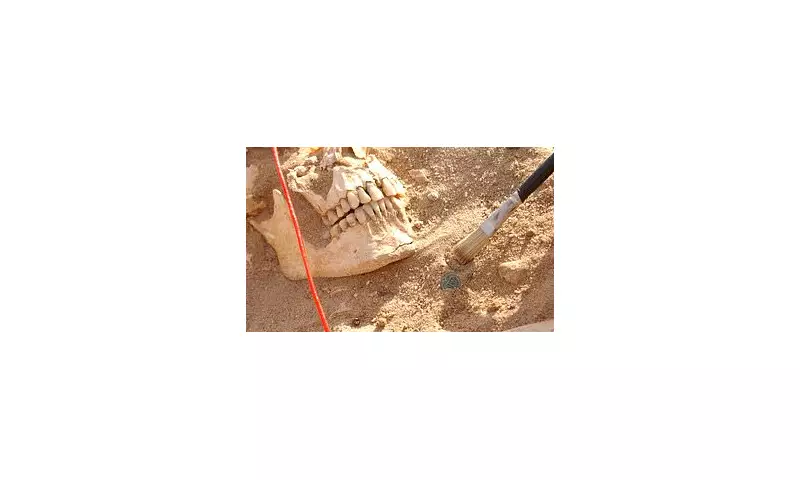
For over two centuries, history books have attributed Napoleon Bonaparte's catastrophic 1812 Russian campaign to the brutal winter and relentless Russian forces. But a revolutionary scientific study has uncovered a far more insidious enemy that decimated the Grande Armée.
The Silent Assassins Revealed
Cutting-edge forensic analysis of soldiers' teeth has identified two deadly pathogens that ravaged Napoleon's troops during their doomed invasion. Researchers examining dental pulp from skeletons discovered evidence of typhus and trench fever - diseases that likely killed more soldiers than combat or frostbite.
A Grisly Discovery in Mass Graves
The international research team focused on remains discovered in a mass grave in Vilnius, Lithuania, where Napoleon's army made one of its final desperate stands during the retreat from Moscow. Using advanced DNA sequencing techniques, scientists extracted genetic material that had been preserved for over 200 years.
"What we found was staggering," explained the lead researcher. "The presence of Bartonella quintana, which causes trench fever, and Rickettsia prowazekii, responsible for typhus, suggests these diseases were running rampant through the exhausted, malnourished troops."
The Perfect Storm of Disease
Several factors created ideal conditions for these deadly outbreaks:
- Overcrowded conditions in military camps allowed diseases to spread rapidly
- Poor sanitation and lack of hygiene facilities
- Malnutrition weakening soldiers' immune systems
- Lice infestation acting as disease vectors
- Exhaustion from the gruelling campaign
Rewriting Military History
This discovery fundamentally changes our understanding of one of history's most famous military disasters. While the Russian winter has taken most of the blame for the loss of approximately 400,000 soldiers, this new evidence suggests disease may have been the primary killer.
The implications extend far beyond Napoleon's era, providing crucial insights into how infectious diseases have shaped human history and warfare. Understanding these historical outbreaks could even inform modern pandemic preparedness and military medicine.
A Warning from the Past
As researchers continue to analyse these remarkable findings, one thing becomes clear: sometimes the smallest enemies - microscopic pathogens - can prove more devastating than the largest armies. Napoleon's troops may have been defeated not by Russian cannons, but by organisms they couldn't even see.





